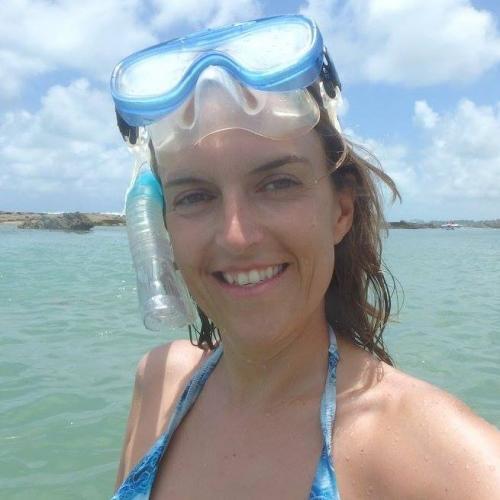Catarina Vinagre
Email:
cmvinagre@fc.ul.pt
URI:
MARE - ULisboa
Role:
Researcher
Qualifications:
PhD
Research domain:
Coastal Systems and Ocean
Research lines:
Biodiversity and Ecosystem Functioning
Environmental Risk
Scopus Author ID:
Google Scholar:
Personal page:
Activity summary
I study the effects of environmental change on marine organisms, populations and food webs, from the sub-cellular to the whole-animal level, and complex trophic networks.

